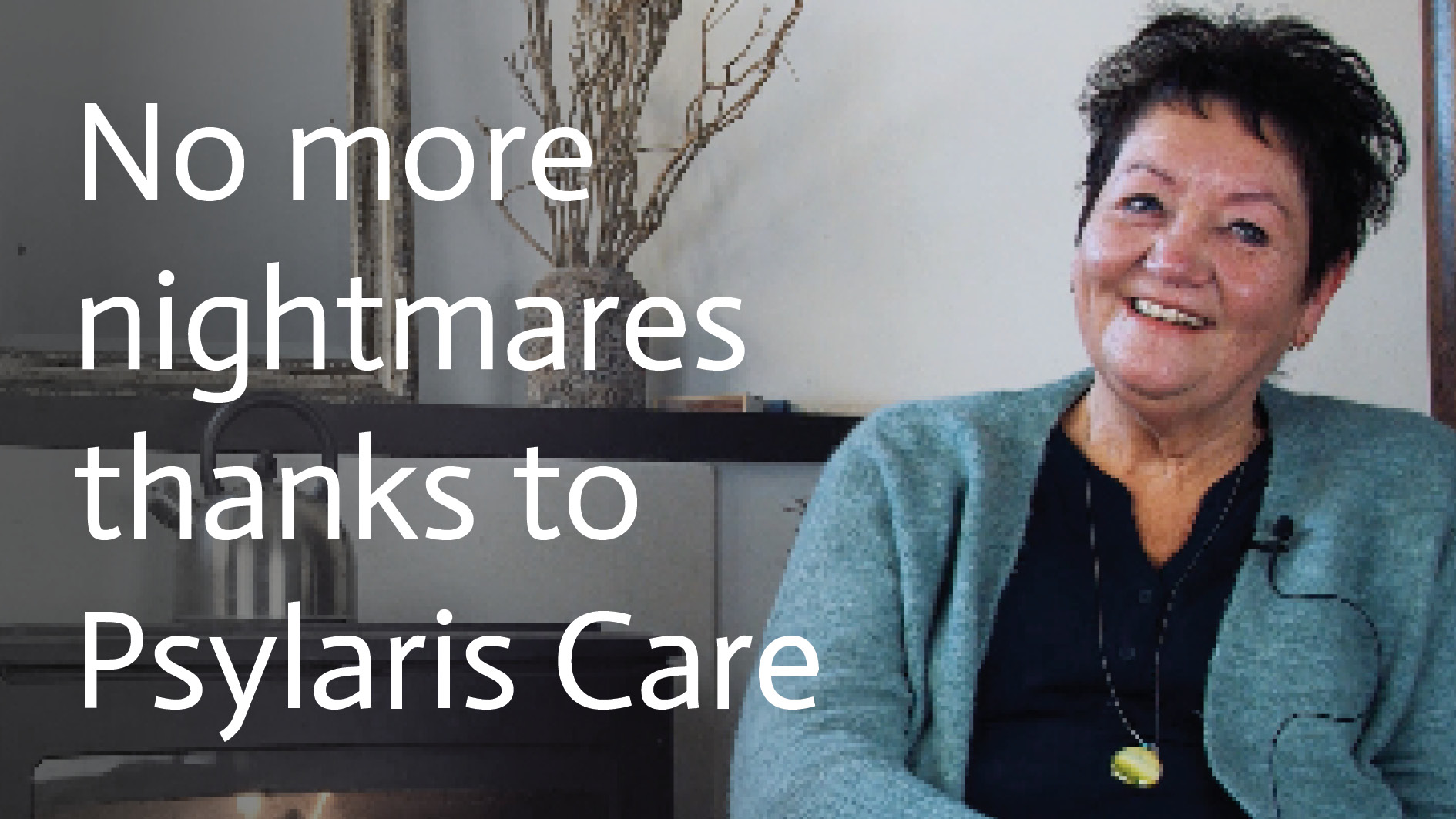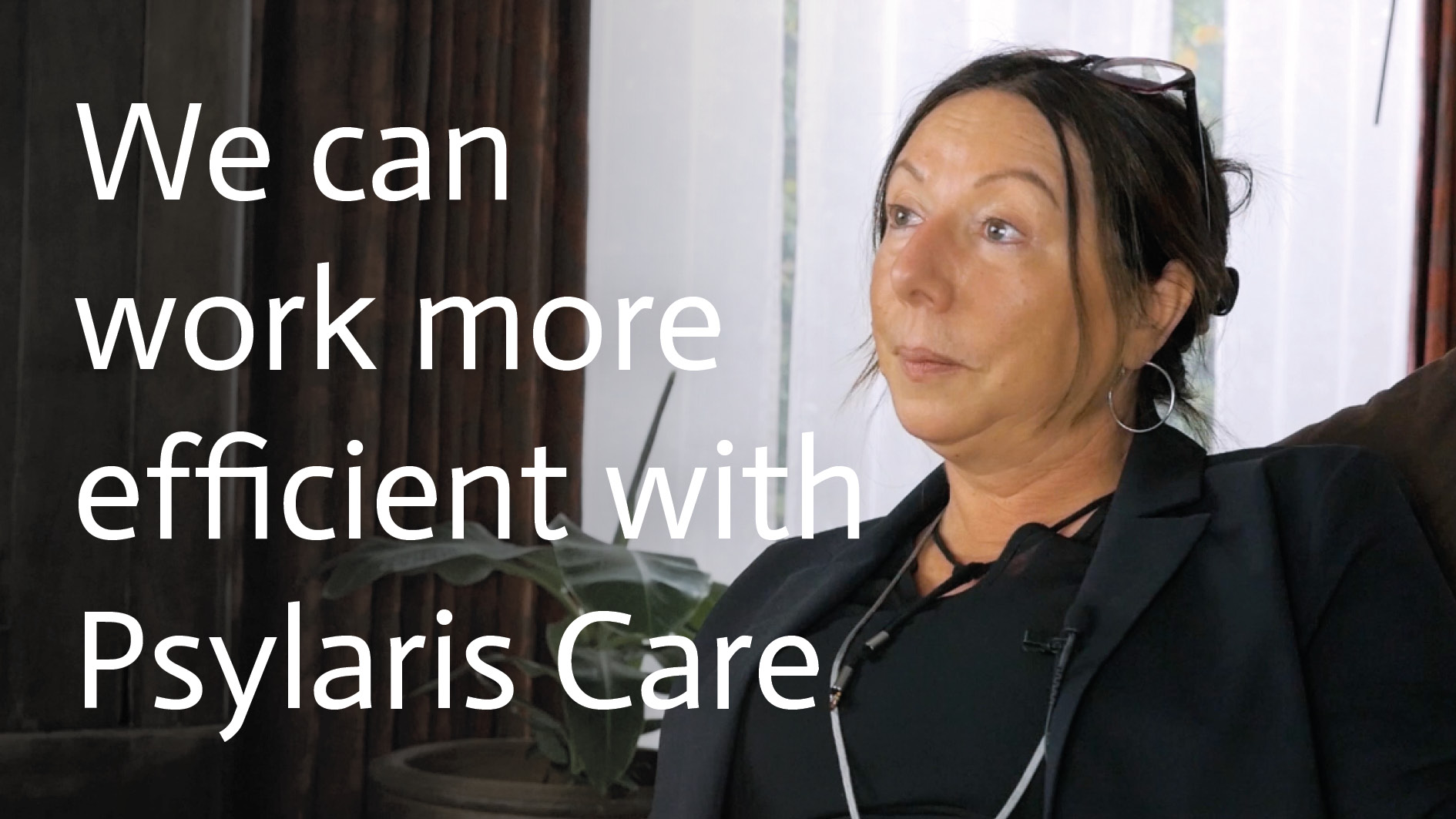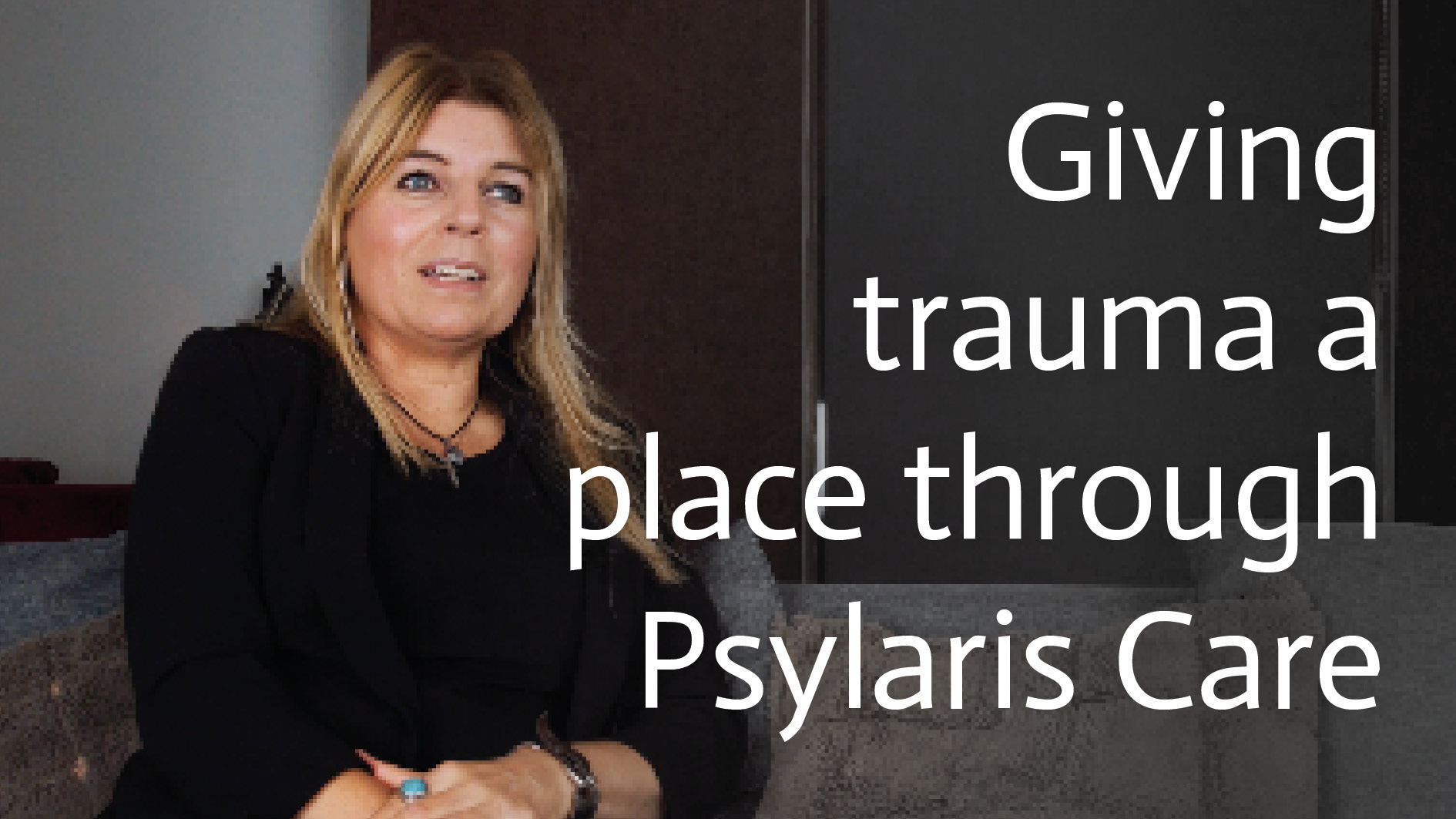EMDR therapy examples
Experiencing a serious event is also called a trauma . A traumatic experience is so serious that it can have very far-reaching consequences in your life. It is not just any event, it can be a violent robbery, sexual abuse, the death of a loved one or a serious accident. It is normal that when you go through such an experience, you need some time to process it. As a rule, most people will take the time to do this, so that the memory will store it in a designated a place. Processing this is not possible for everyone, resulting in serious complaints.
Recurrence of PTSD after a traumatic experience
If you have been through a traumatic experience and are struggling to come to terms with it, you may have a post-traumatic stress disorder (PTSD). PTSD is said to occur if you have complaints following a traumatic event that lasts longer than a month. Normally it takes a few days, maybe a few weeks, to recover from a trauma. If this continues for much longer, then a diagnosis of PTSD is often unavoidable and you will have to deal with your own PTSD symptoms again.
What are the main symptoms of PTSD?
The most important characteristic of PTSD is that the traumatic event is played over and over again like a film in front of you. Your feelings and thoughts at the time also surface again, so that you are constantly and intensely preoccupied with the experienced trauma. Because of this you can suffer from sleeping problems or nightmares. You will be very irritable and often people with PTSD have a very short fuse. They can have a tantrum at the strangest moments. You will notice that you are constantly alert to your surroundings and can suddenly have a fear or panic attack. With a PTSD you can also have a Depression and even have suicidal thoughts.
Social isolation
Another important feature of PTSD is the social isolation in which you find yourself. Firstly, you close yourself off from certain situations, places and people. You do not want to have anything to do with situations that may remind you of the trauma. On the other hand, you can repel people partly because of your symptoms of, for example, a short fuse. When you end up in social isolation because of PTSD, you definitely need professional help.
What forms of trauma treatment are there?
If you are struggling with an unresolved trauma or PTSD, it is difficult to overcome this yourself. Do not hesitate to call in professional help. There are various treatments for which you are eligible.
EMDR therapy
One of the most successful therapies for processing trauma is EMDR. EMDR stands for 'Eye Movement Desensitization and Reprocessing'. The intention with EMDR is to overload the working memory by means of distracting techniques. In this way, the memory of the trauma can fade or be more easily 'parked', i.e. given a place to live. In the treatment room, the patient will recall the trauma and at the same time be distracted by the therapist by means of a hand gesture or a sound signal. By doing this repeatedly, at a certain point you will succeed in looking at the trauma with less emotions involved.
Cognitive behavioural therapy
Cognitive behavioural therapy, or CBT, focuses on a person's thoughts and behaviour. It is these factors that perpetuate the consequences of a traumatic event. Treatment with CBT mainly consists of conversations with the psychologist about changing behaviour and influencing thoughts. You talk to the psychologist about the trauma and how it affects your behaviour and thoughts. By changing your behaviour with the help of the psychologist, the symptoms disappear.
Concise Eclectic Psychotherapy for PTSD
Especially for people with PTSD, there is BEPP. This treatment was developed by the AMC in Amsterdam and combines various treatment therapies. This creates an intensive treatment with elements from cognitive behavioural therapy, psychotherapy and hypnotherapy. This treatment consists of 16 one-hour sessions, after which the complaints should have disappeared.
Narrative Exposure Therapy
Narrative Exposure Therapy, or NET therapy, is a therapy in which the traumatic event is recalled. This is also the case with EMDR, but with NET therapy you are not distracted. The therapist tries to get you to put that event into the perspective of your whole life. You then give the trauma a place as part of your life experience.








